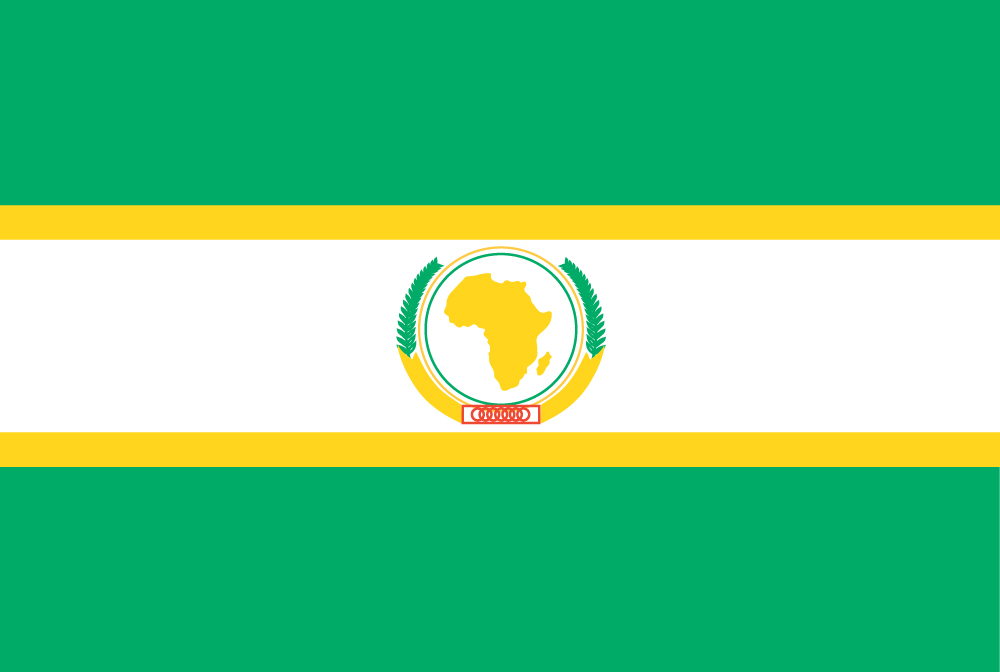The African Economic conference which is underway at Kigali, Rwanda, says with the African Continental Free Trade (AfCFTA) area, it aims to create a single continental market for goods and services, with free movement of business persons and investments.
A total of 44 African nations signed the landmark African Continental Free Trade agreement earlier this year, with only 12 out of the required 22 countries ratifying the accord, but policy makers say there is time enough – and practical solutions – to move the process ahead.
African countries could use the time in the run up to March 2019, the deadline for ratification, to strengthen their capacity in the legislative and tariff instruments required for the process and other “low hanging fruit” measures, presenters at a panel session during the African Economic Conference.
“We have learned a lot of lessons,” Dr. Trudi Hartzenberg, Executive Director of the Trade Law Centre said. “We have a window to build capacity… most implementation is done at national level…there is lot that existing (free-trade areas) can bring,” she said.
The signing of AfCFTA, with its potential to create the largest free-trade area in the world – uniting fifty-four African countries with a combined population of more than one billion people and a combined gross domestic product of more than US $3.4 trillion – has also engendered much debate about the challenges of harmonizing disparate tax, fiscal and regulatory regimes as well as the varied socio-political make-up of nations on the continent.
But Rwanda, which has taken bold leadership of the integrate Africa agenda, argues that the benefits outweigh the losses.
Noting that Rwanda was one of the first countries to sign AfCFTA, the country’s Minister of Trade and Industry Soraya Hakuziyaremye, one of the panelists, said it was imperative for the country to champion regional integration and African integration.
“We understand the benefit,” she said, adding that she preferred using the term “land-linked,” rather than landlocked, to describe her native Rwanda. Africa cannot afford not to be part of a larger bloc advocating for a common market,” she said.
The session, moderated by African Development Bank Director of Regional Integration Moona Mupotola, also included Prof. Ademola Oyejide, Emeritus Professor of Economics, University of Ibadan and Professor Olu Ajakaiye, Executive Chairman, African Center for Shared Development and Capacity Building.
The experts looked at the costs of integration: the downside for smaller economies and the absence of Nigeria – Africa’s largest economy.
“Nigeria is the big elephant in the room,” Oyidije said. According to the professor, although Nigeria had always led Africa in regional integration, in the case of AfCFTA, “the costs are too high relative to the benefits.”

 Business6 days ago
Business6 days ago
 Business6 days ago
Business6 days ago
 Education6 days ago
Education6 days ago
 Crime6 days ago
Crime6 days ago
 Covid-196 days ago
Covid-196 days ago
 Business6 days ago
Business6 days ago
 Latest4 days ago
Latest4 days ago
 Featured1 week ago
Featured1 week ago

